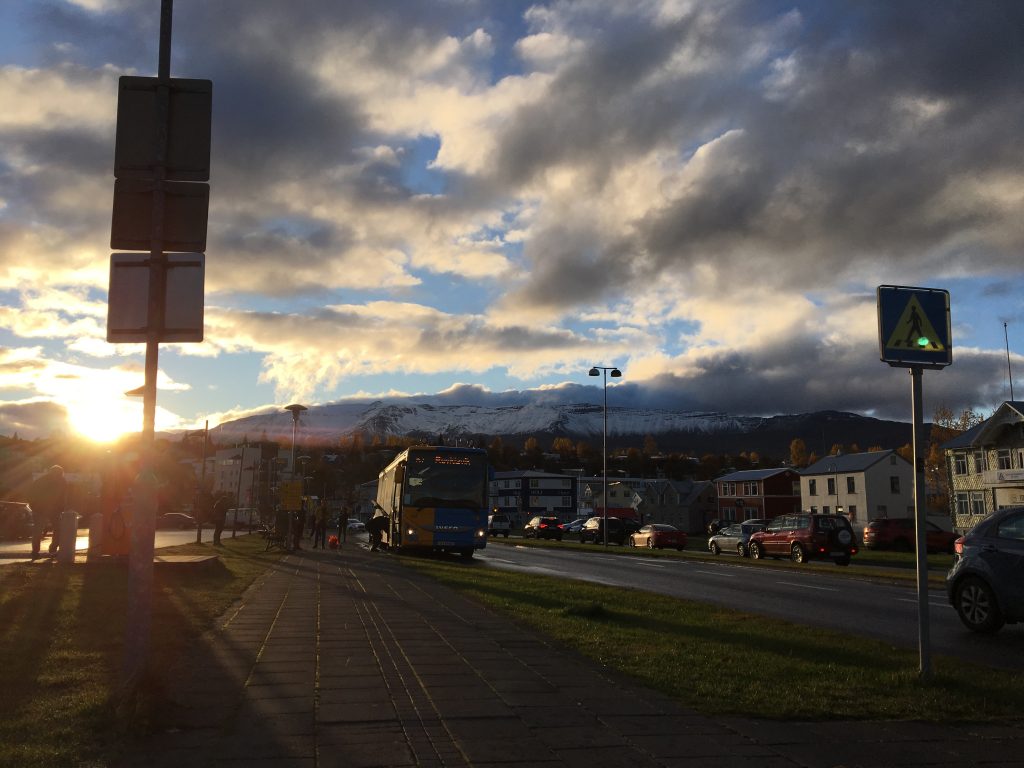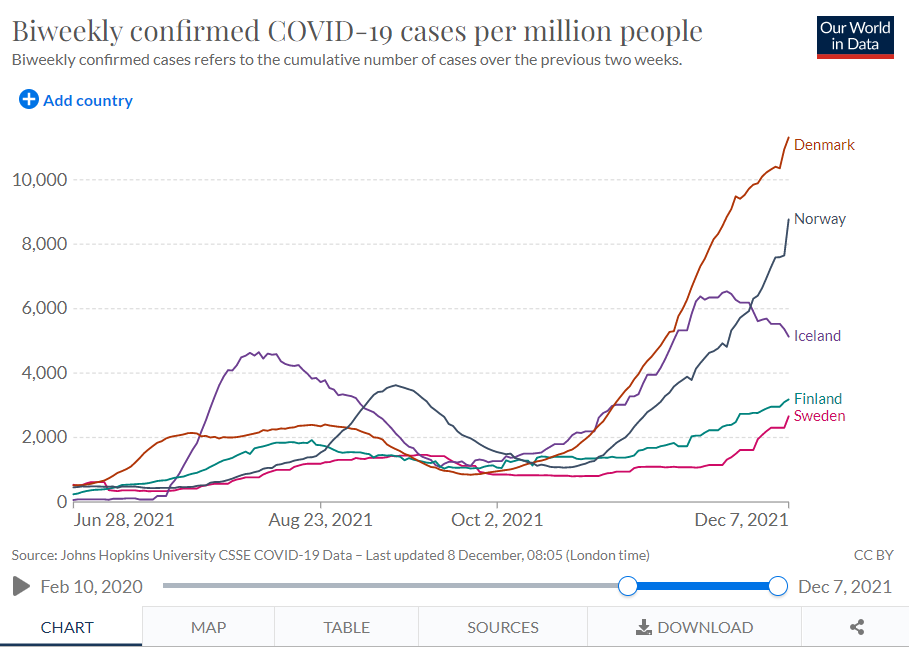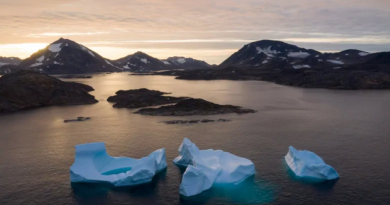Iceland extends COVID-19 measures for at least two weeks

Iceland is extending its COVID-19 measures for at least two weeks, saying uncertainty around the Omicron variant requires caution until scientists have had a chance to better understand it.
Iceland’s Ministry of Health says this approach is consistent with the most recent recommendations from Iceland’s chief epidemiologist, and includes keeping group limits to 50 people, maintaining at least 1 metre social distancing and masking when social distancing can not be respected.
“We have high hopes that restrictions can be relaxed soon if data on Omicron indicates that it’s safe,” Iceland’s Health Minister Willum Thor Thorsson said in a news release on Tuesday.
“Until then, we need to protect the health care system and provide people with the necessary health care.”
Thorsson’s comments come a week and a half after Iceland introduced stricter border control measures after the World Health Organization listed Omicron as a variant of concern
“We see our neighboring nations like Denmark and Norway having to protect themselves as infections are now rapidly increasing,” Thorsson said.
November public health rules working
Iceland also tightened up COVID-19 rules at the beginning of November after an increase in infections put pressure on local hospitals, especially in the Arctic city Akureyri.
As of December 7, COVID-19 infections were continuing to decrease in Iceland, indicating the November 13 measures had been effective, Thorsson said.

The origin of the Omicron variant is unknown but it was first detected in South Africa. Doctors there flagged it in November after noticing patients with unique COVID-19 symptoms such as extreme fatigue.
There are no indications so far that the variant poses a greater risk of sickness or hospitalization than earlier variants, but researchers are still gathering evidence and experience on Omicron.
However, there are suggestions it may be more transmissible, given Omicron’s 32 changes to the spike protein (the key that lets the virus into cells) vs. the nine spike protein changes in the Delta variant.
Write to Eilís Quinn at eilis.quinn(at)cbc.ca
Related stories from around the North:
Canada: Omicron variant cases in Canada prompt new travel rules for Nunavik, Quebec, Eye on the Arctic
Greenland: Greenland’s new domestic and international COVID-19 rules in effect until March 6, Eye on the Arctic
Sweden: Sweden to introduce new Covid-19 measures on Dec. 8, Eye on the Arctic


